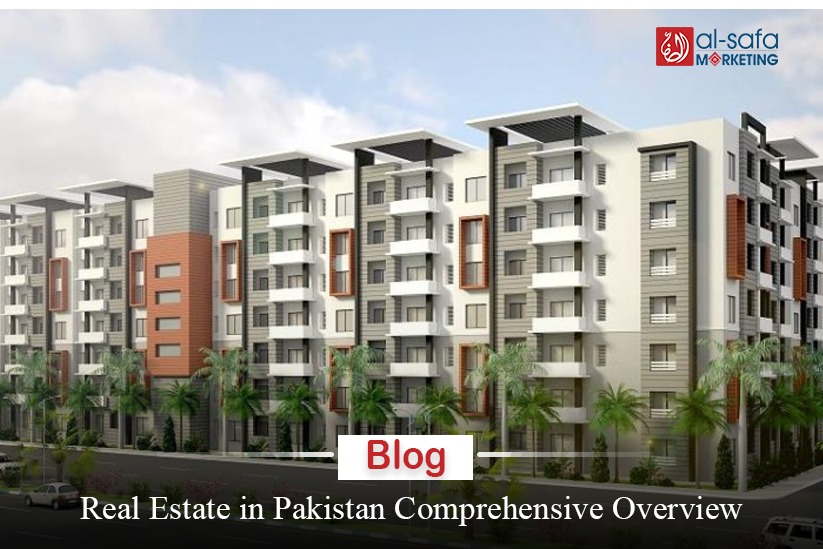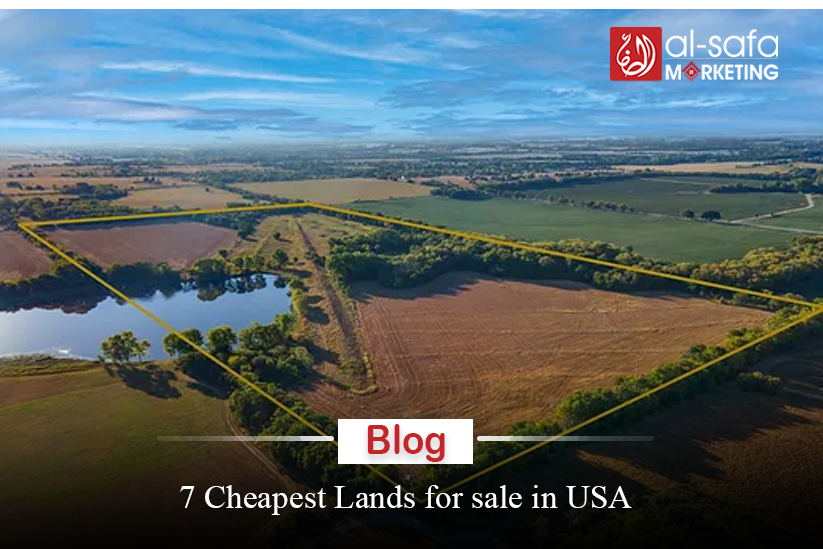Introduction
Selling, renting, and managing properties, including lands, homes, and buildings, are all part of the large field of real estate. In Pakistan, the real estate sector is growing really fast in cities like Islamabad, Lahore, Karachi, and many more.
“Real Estate in Pakistan Comprehensive Overview” is given in this article. This overview includes its history, current state, challenges, and future prospects.
History of Real Estate in Pakistan
The history of real estate in Pakistan dates back to the pre-partition era. Before the partition and creation of Pakistan, the British colonial government established a number of townships and housing schemes, especially in Lahore and Karachi, to meet the accommodation needs of the growing population. After the creation of Pakistan, the government of Pakistan continued with town planning and housing scheme initiatives to develop new cities such as Islamabad, Rawalpindi, and Faisalabad.
During the 1970s and 1980s, the government of Pakistan nationalized the real estate sector by taking control of all the housing schemes and large landholdings. But, due to bureaucratic inefficiencies and corruption, the policy did not have the expected effects, and the real estate sector stagnated and declined. In the 1990s, the real estate sector was resuscitated when the government permitted private developers and investors to enter the market to increase competition and innovation.
The Current State of Real Estate in Pakistan
In Pakistan, the real estate sector is one of the fastest-growing industries, as its estimated worth is $700 billion. It contributes around 2% to Pakistan’s GDP, and it employs millions of people. The real estate sector is divided into two categories: residential and commercial.
Residential Real Estate
Due to the country’s population growth, urbanization, and economic development, the demand for residential properties has increased in Pakistan. Residential property like Town One mainly consists of apartments, houses, and plots. The cost of the property varies depending on various aspects like location, size, and quality of construction. The most expensive residential properties in Pakistan are located in big cities such as Islamabad, Karachi, and Lahore, where these properties cost millions of dollars.
Commercial Real Estate
The commercial real estate market consists of retail spaces, office buildings, industrial parks, and hotels. Due to the growth of the service and manufacturing sectors, the demand for commercial properties has been increasing. Major cities such as Karachi and Lahore have seen significant development in commercial real estate, particularly in the form of shopping malls and office towers. You can also explore our commercial projects such as Mall of Korang and Al Barka Heights.
Challenges Facing Real Estate in Pakistan
Despite its growth, the real estate sector in Pakistan faces several challenges that hinder its potential. These challenges include:
Lack of Transparency
The real estate market in Pakistan lacks transparency and regulation, leading to fraudulent practices and corruption. Many transactions occur in cash, making it difficult to track and regulate.
Limited Access to Financing
The majority of the population in Pakistan does not have access to formal financing, which limits their ability to invest in real estate. Banks and financial institutions also face challenges in lending to the real estate sector due to the lack of regulation.
Regulatory Issues
The regulatory framework for real estate in Pakistan is outdated and inadequate, leading to inconsistencies and delays in approvals and permits. The lack of clear guidelines and regulations also creates uncertainty and risk for investors.
Infrastructure and Utilities
The development of real estate in Pakistan is hindered by inadequate infrastructure and utilities, particularly in rural areas. The lack of basic facilities such as water, electricity, and gas limits the potential for real estate development outside of major cities.
Conclusion
In conclusion, the real estate sector in Pakistan has a rich history and a promising future. It has emerged as a vital industry in the country, contributing to the economy and providing employment opportunities. However, the sector also faces several challenges that need to be addressed to realize its full potential. The government and private sector need to work together to create a transparent and regulated real estate market, improve access to financing, and develop the necessary infrastructure and utilities. With the right policies and investments, the real estate sector in Pakistan can continue to grow and contribute to the country’s development.



